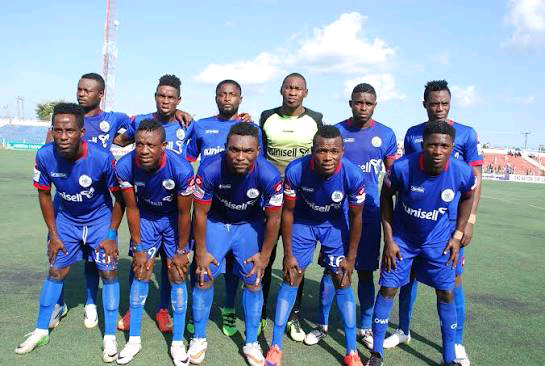Tinubu’s Niger Delta Peace, Development Plan Yielding Results, Says PAP Boss

The Administrator of the Presidential Amnesty Programme (PAP), Dr. Dennis Otuaro, has declared that President Bola Tinubu’s ongoing peace and development agenda for the Niger Delta is recording significant progress, boosting stability and empowering thousands across the region.
Speaking during recent engagements with stakeholders, Otuaro noted that Tinubu’s support for the PAP has strengthened its capacity for peacebuilding, training, and economic rehabilitation of former agitators.
According to him, the administration’s commitment has transformed the initiative into a more result-driven and development-focused programme.
He said the PAP has expanded its vocational training, educational scholarships and post-training empowerment schemes, giving beneficiaries a clearer path to self-reliance.
The Administrator also highlighted the president’s “Renewed Hope Agenda,” describing it as aligned with the Niger Delta’s aspirations for security, improved infrastructure and socio-economic growth.
Otuaro further disclosed that new peace ambassadors have been trained through alternative dispute resolution (ADR) and conflict-mediation programmes, efforts he says have strengthened community-level stability in the oil-producing region.
He added that women will have increased participation in forthcoming phases of the peace process, with more openings for skills development and empowerment programmes.
While praising the progress made, Otuaro also dismissed allegations of financial irregularities surrounding the programme, insisting that recent expenditures followed due process.
Support groups within the region have equally defended PAP’s operations, noting that the initiative has become more transparent and people-focused under the current leadership.
The PAP boss maintained that the improved atmosphere of peace and development is evidence that Tinubu’s approach to the Niger Delta is yielding measurable outcomes.
He expressed optimism that sustained investment in human capital and community engagement would consolidate long-term stability across the region.









